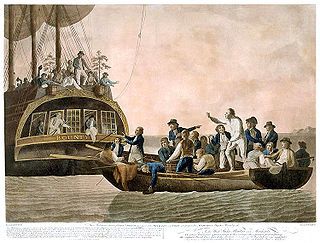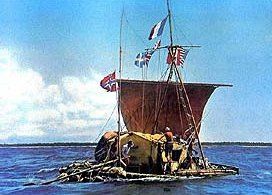Last week the Senate finally confirmed Loretta Lynch as the 83rd Attorney General after a 5 month delay. She was sworn in on Monday by Vice President Joe Biden. The reasons the Republican majority made for the hold on her confirmation were baseless and revealed just how dysfunctional the congress really is. Using the fight over abortion provisions in an human trafficking bill that Democrats found untenable, looked more like hostage taking than politics. Ms. Lynch had sailed through her other confirmations with unanimous bipartisan support. She has a history of being tough on political corruption and police brutality. She famously prosecuted the New York City Police officers who had brutally abused Abner Louima and was investigating the officer involved in the choke hold death of Eric Garner last year.
But the one really good reason the Republicans had to not confirm her was never mentioned by them or the media, the banks. As the article by William K. Black, a professor of economics and law, discusses, “(Ms.) Lynch’s failure to prosecute HSBC and its officers exemplified a real Obama scandal, the effective end of the rule of law for criminal bankers.”
GOP opposition to Lynch was a missed opportunity
By William K. Black, Al Jazeera
The Republicans’ failed tactics against Loretta Lynch reveal the big banks’ hold on both parties
The reason Lynch was such a godsend to the GOP never appeared in the Times article: HSBC. The biggest bank in Europe and the most disreputable large bank in the world, HSBC was the subject of the most important case Lynch ever handled. It demonstrated that Lynch’s “formidable reputation as a prosecutor” is undeserved, making Republican opposition to her nomination legitimate. More important, her failure to prosecute HSBC and its officers exemplified a real Obama scandal, the effective end of the rule of law for criminal bankers.
Lynch’s sweetheart deal with HSBC, her indefensible reactions to the bank’s failures to comply even with the sweetheart deal and the bank’s continued commission of thousands of felonious transactions after the sweetheart deal offered Republican leaders the ideal circumstances to attack the Obama administration. The Republicans did not need to suddenly develop investigative skills and honest congressional reports. The Democrats, Lynch’s appointee as HSBC’s monitor and the whistleblowers have done all the heavy investigative lifting for the GOP. The ultrashort version is that HSBC and its personnel were caught red-handed having laundered over $1 billion for Mexico’s Sinaloa drug cartel – one of the most violent cartels in the world – and helped Sudan and Iran violate U.S. anti-terrorism and anti-genocide sanctions with impunity. This was all documented in a Senate investigation by former Sen. Carl Levin – a Democrat and Congress’ most respected and competent investigator – in a report that the Republicans could have joyfully quoted. The bank was found to have engaged in massive efforts to aid and abet tax fraud. HSBC’s monitor discovered that the bank was not complying with even the sweetheart nonprosecution agreement that Lynch negotiated. She nevertheless failed to prosecute any of the numerous felonies at HSBC outlined in the Levin report.
Remarkably, the supposedly liberal New York Times and GOP leaders have something in common: Both refused to mention HSBC as a key reason for rejecting Lynch’s nomination. What the GOP’s embarrassingly self-destructive strategy for opposing Lynch proves is that even when the Republicans have the perfect opportunity to embarrass the Obama administration and highlight one of its largest scandals – the failure to prosecute a single bank officer who led the most destructive epidemics of financial fraud in history that caused our Great Recession – the Republicans refused, lest they upset their leading source of political contributions. The approval of the Lynch nomination demonstrates that bipartisanship does exist on Capitol Hill: when it favors the big banks and their lobbyists
Prosecuting these bank criminals was too hard for former AG Eric Garner, it obviously will be for AG Lynch, as well. The banks not only own congress, they own the White House and the Department of Justice.


 1947 Thor Heyerdahl and five crew mates set out from Peru on the
1947 Thor Heyerdahl and five crew mates set out from Peru on the
Recent Comments